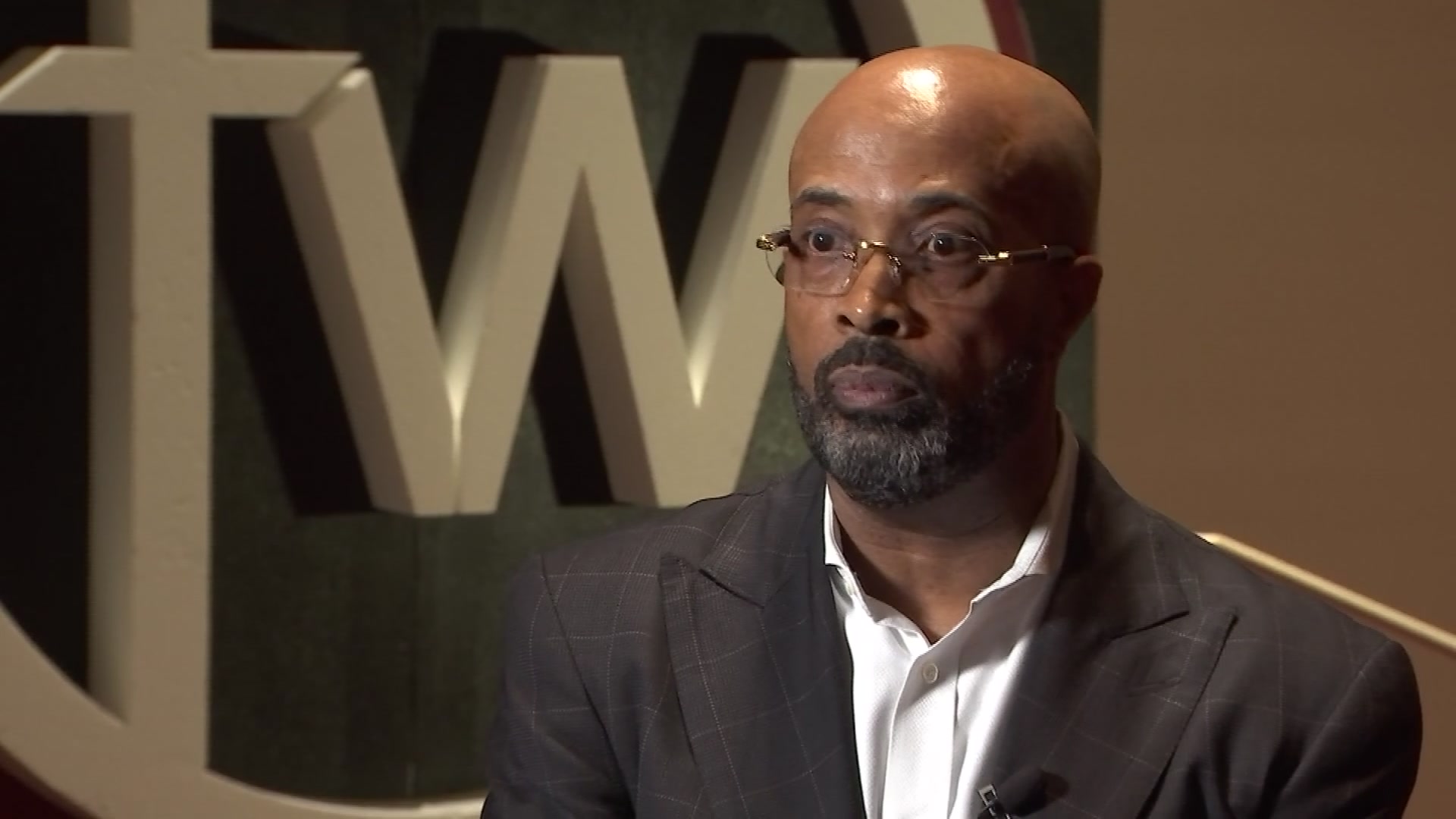According to the Centers for Disease Control and Prevention, about 15 percent of adults report some degree of hearing loss and it's the third-most common chronic physical ailment, twice as prevalent as diabetes or cancer.
That's why researchers at the University of Texas at Dallas are excited about new grant money that will help them develop better hearing devices.
Dr. John Hansen, professor of electrical and computer engineering at The University of Texas at Dallas, has received a $3.2 million grant from the National Institutes of Health to develop new sound processing algorithms that may improve cochlear implants.
Cochlear implants consist of an external microphone and processing unit that are connected by a magnetic coil to a second component surgically implanted under the skin behind the ear. The implant translates sound from the external unit into electrical signals that stimulate nerve cells in the cochlea in the inner ear.
Those signals make their way into the brain as sound and speech.
New algorithms may help implants perform better at blocking out background noise.
"Most implant recipients are only seeing a small percentage of the auditory stimuli that you and I get with full hearing capability," said Hansen.
Local
The latest news from around North Texas.
UTD Students will be able to test their algorithms with a new device that Hansen says will transform research into cochlear implants. It's a mobile research platform allows researchers to “test-drive” new audio processing algorithms in the lab or in natural settings where cochlear implant users have the most challenges.
"This now allows people to test drive new algorithms on the fly. If they want to have the person go to the supermarket, go to the coffee shop, basically have take home trials, we can allow that now," said Hansen.
Students are building dozens of the mobile research platforms to ship around the world to researchers who share their mission of connecting the sense hearing to those without it.



